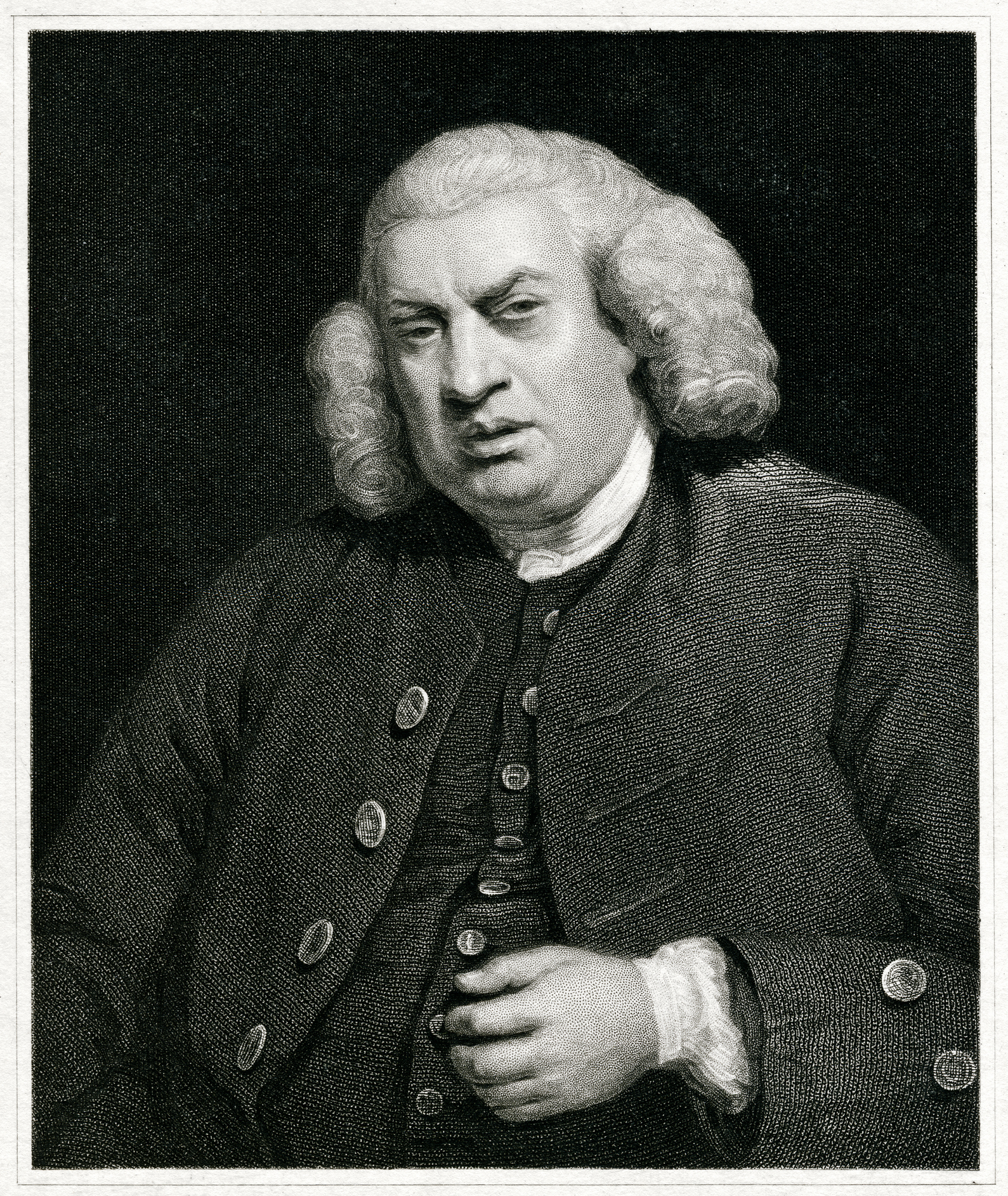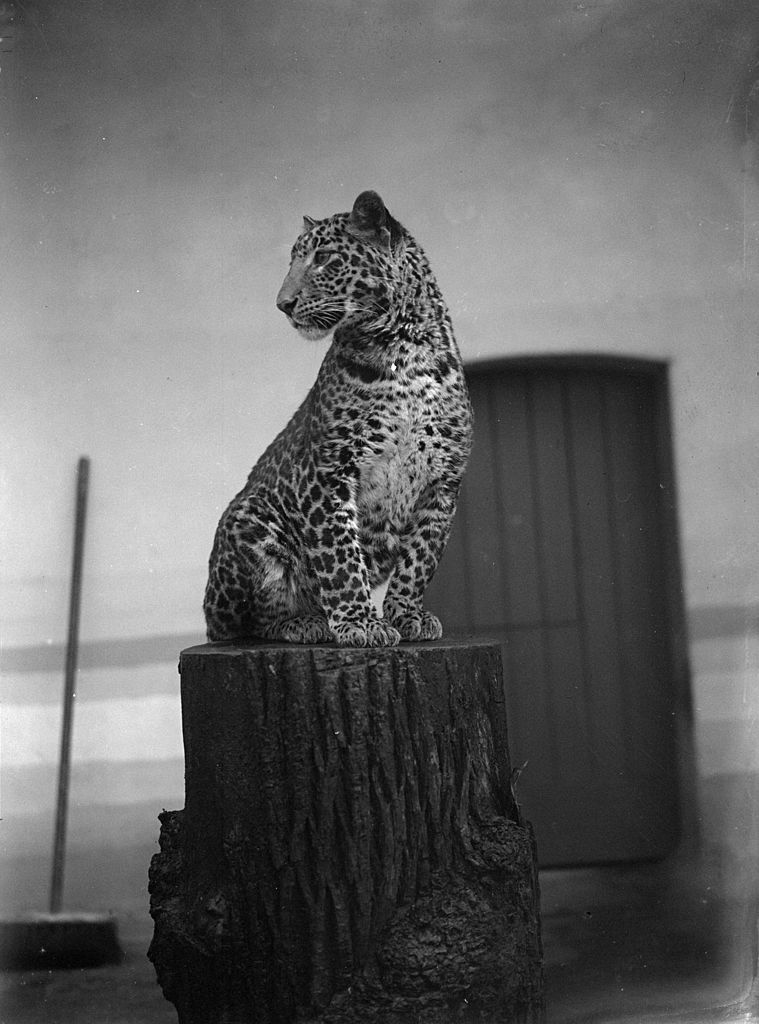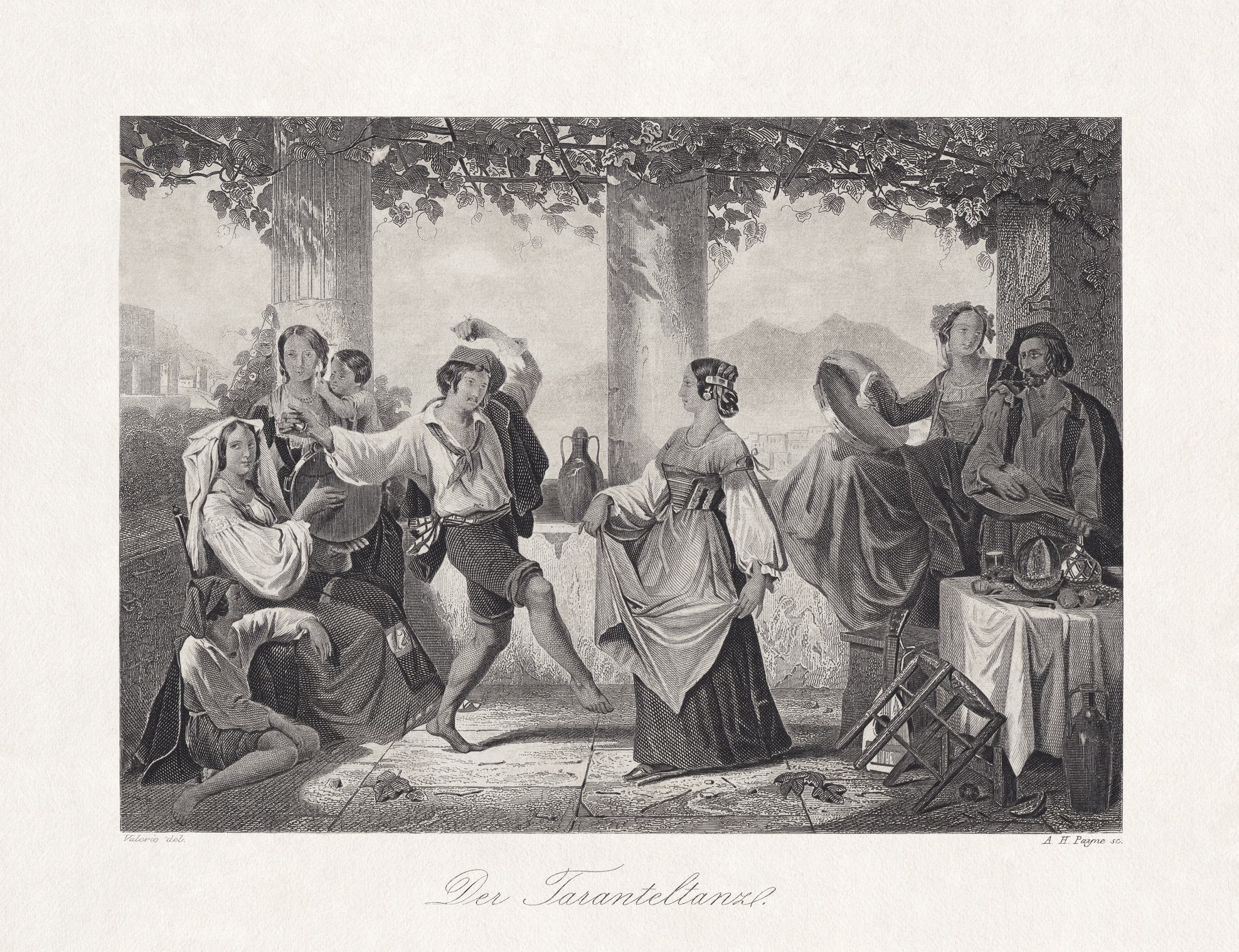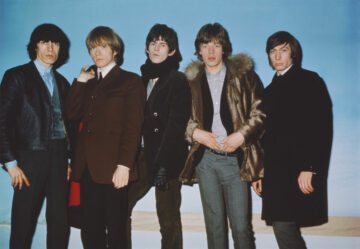Dr Johnson: it’s a name to conjure with, as any lovers of Blackadder will testify. The creator of one of the most famous English dictionaries, published in 1755, Samuel Johnson believed that the character of our language defines us, and it followed that dictionaries are as much about us as they are about the language we speak.
His work is certainly an epic social portrait, but it is just as much a self-portrait, too. Unlike modern dictionaries, Johnson didn’t hold back when it came to inserting his own opinions about certain words. 'Awk’, the 18th-century predecessor to 'awks’, he describes as 'a barbarous contraction’, while 'ruse’ is dismissed as ‘a French word neither elegant nor necessary’.
But Johnson’s Dictionary of the English Language is also full of verve and wit, as well as hundreds of verbal curios. Here are ten of the very best, for which I of course offer him my most enthusiastic contrafibularities.

backfriend
Defined by Johnson as an ‘enemy in secret’, the backfriend is the forerunner of the frenemy. In short they are, as the Dictionary puts it, ‘a friend backwards’.
spider
Etymology is an evolving art. Today we know that spider comes ultimately from the verb ‘to spin’, but Johnson knew nothing of this, leading to a plaintive question in his own definition: ‘may not spider be spy dor, the insect that watches the door?’. The answer is no, but what a lovely/hideous thought, depending on your point of view.
fart
‘Fart, noun: Wind from behind.
Love is the fart. Of every heart; It pains a man when ’tis kept close; And others doth offend, when ’tis let loose’.
No further comment.
camelopard
Naming exotic animals was no easy task in previous centuries. What does a ‘giraffe’ look like, for example? In Johnson’s era, clearly a cross between a camel and a leopard came to mind, leading to this definition: ‘An Abyssinian animal, taller than an elephant, but not so thick. He is so named, because he has a neck and head like a camel; he is spotted like a pard, but his spots are white upon a red ground. The Italians call him giaraffa.’

hotcockles
Anyone who has played a painfully pointless parlour game at some point in their lives may sympathise with the players of 'hot cockles’, described in Johnson’s Dictionary as 'A play in which one covers his eyes, and guesses who strikes him’. Quite how their cockles grew hot is never explained.
shapesmith
What better alternative could there be for ‘personal trainer’ or ‘fitness instructor’ than ‘shapesmith’? It is neatly defined by Johnson as ‘one who undertakes to improve the form of the body’.
tarantula
For centuries it was believed that the tarantula, named after its habitat in the Italian seaport of Taranto, produced a bite so venomous that it caused tarantism, an illness marked by a mania to dance. The rapid and whirling tarantella was thought to be a cure, with victims dancing frenziedly until the effects of the bite had gone and they collapsed in exhaustion. Johnson deals with this same belief in his definition of the tarantula: 'an insect whose bite is only cured by musick’.

worm
Sometimes, even for the best of lexicographers, you just have to admit defeat. Samuel Johnson was no different: you can feel the great man’s frustration in his definition of the verb ‘to worm’: ‘to deprive a dog of something, nobody knows what, under his tongue, which is said to prevent him, nobody knows why, from running mad’.
hiccup
A hiccup is a hiccup, right? Not quite, especially when it so beautifully described as ‘to sob with convulsion of the stomach’.
READ MORE | SUSIE DENT’S INTRODUCTION TO SWEARING: THE OTHER C-WORD
fireman
Today’s firefighters might appreciate the fact that the definition of ‘fireman’ was once decidedly different. In Johnson’s day, he was 'a man of sudden passions'. Furthermore, a 'urinator’ was a 'diver; one who searches under the water’.
hope
Many of Johnson’s definitions are steeped in poetry. ‘Hope’ he describes as ‘an expectation indulged with pleasure’, while there could surely be no better description of a Twitter rant than ‘high-sounding language unsupported by dignity of thought’.






1 Comment
Thanks Susie, I love your Top Tens and this is a good one. I particularly like ‘hope’ and the idea of a spider watching a door. And I still seem to be the only person who ever comments.